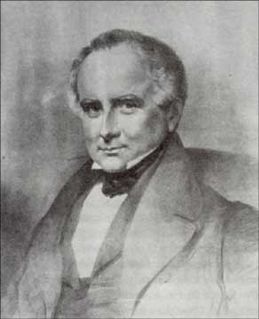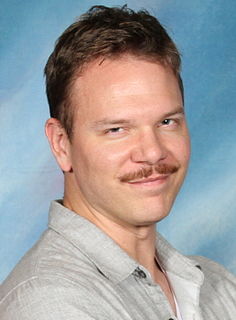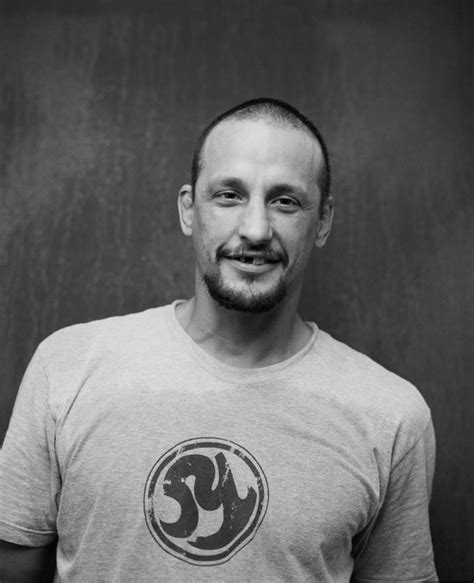A Quote by Christian Nestell Bovee
Dishonest people conceal their faults from themselves as well as others, honest people know and confess them.
Related Quotes
The laboring people should unite and should protect themselves against all idlers. You can divide mankind into two classes: the laborers and the idlers, the supporters and the supported, the honest and the dishonest. Every man is dishonest who lives upon the unpaid labor of others, no matter if he occupies a throne. All laborers should be brothers.
Lawyers are like priests; people come to them and disburden themselves of their troubles, and get consolation, if they pay well for it; but there is one point in which they don't treat them like priests; they don't confess all their sins; they suppress them, and often get themselves and their counsel into a scrape by it, that's a fact.
I just want to portray a very honest character that displays traits that people can truly relate to and can help them - the audience and myself because I learn from the characters as well - help them see themselves in a perspective that is outside of what they know already, and grow from that experience.
The most influential person in the room isn't the one who is being a bully, talking loudly, and imposing him- or herself on others. Surrendered people understand that true power comes from being respectful and listening. Surrendered people know themselves and are empathetic toward others. They don't measure themselves by how much they are liked, nor do they compete for attention. When they sit quietly in a room, others always seem to come to them.
One percent of people will always be honest and never steal," the locksmith said. "Another one percent will always be dishonest and always try to pick your lock and steal your television. And the rest will be honest as long as the conditions are right - but if they are tempted enough, they'll be dishonest too. Locks won't protect you from the thieves, who can get in your house if they really want to. They will only protect you from the mostly honest people who might be tempted to try your door if it had no lock".
There is no more reason to accuse ourselves excessively of our failings than to excuse them overmuch. He who goes overboard in self-criticism often does so in order not to suffer others' criticisms, or else does so out of a kind of vanity that wishes to make others believe that he knows how to confess his faults.

































